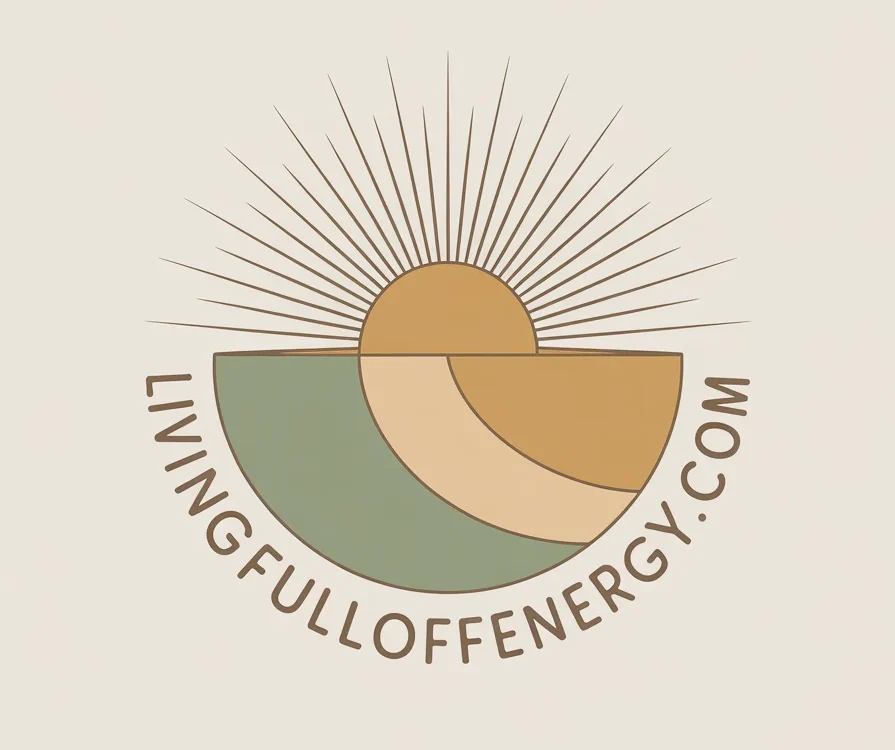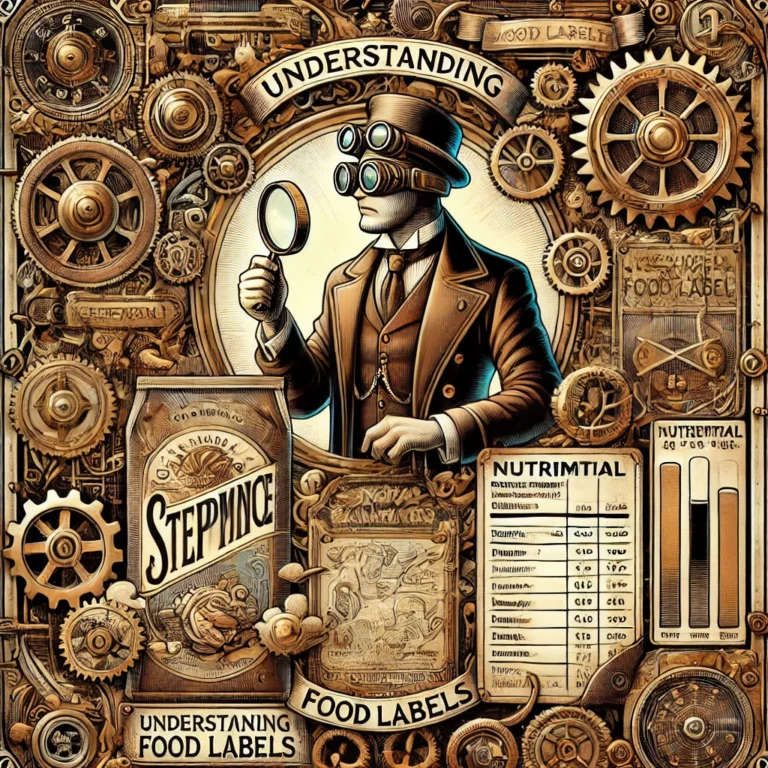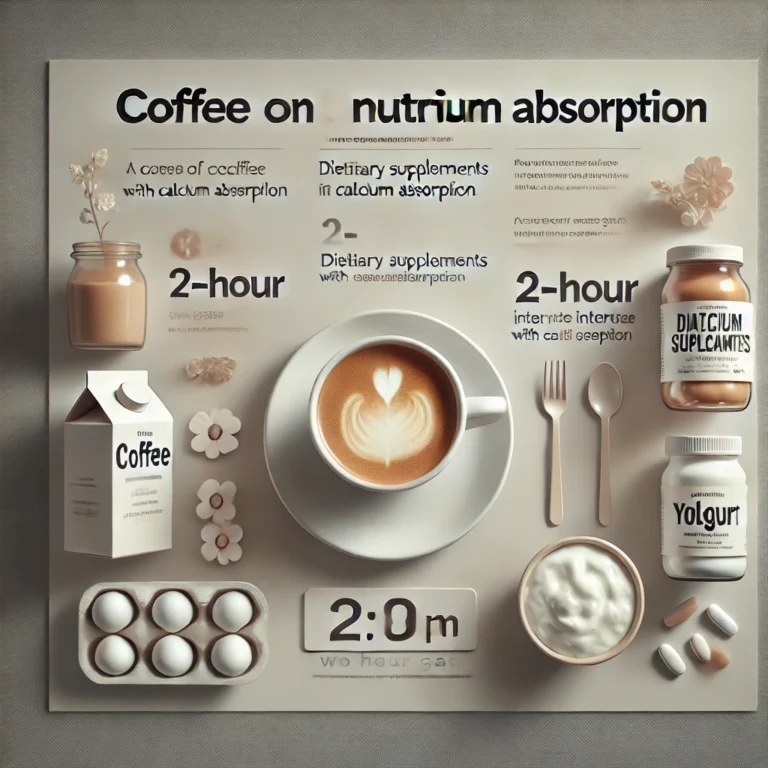*This post may contain affiliate links for which I earn commissions.*
Are you curious about the best time to eat protein for a boost of energy? You’re not alone. While protein is essential for muscle repair and overall health, it also plays a crucial role in maintaining energy levels throughout the day. Many of us wonder when we should consume it to maximize our vitality. The answer isn’t as complex as you might think: spreading protein intake evenly across meals can keep your energy levels steady and optimized. But is there a specific time when it offers more benefits? This post will explore the timing of protein consumption and why it matters, helping you make informed choices for a more energized and productive lifestyle. Dive in as we cut through the confusion and offer clear guidance on how to fuel your day with protein efficiently.
Understanding Protein and Energy
Have you ever wondered why protein is often called the building block of life? Sure, it helps build muscles, but it also plays a crucial role in keeping your energy levels up. Let’s explore how this works and the kinds of protein you can use to fuel your day.
The Role of Protein in Energy Production
When you think of energy, sugar might be the first thing that comes to mind. But did you know protein can also power you up? Here’s how it works:
- Metabolism of Protein: Our bodies break down proteins into amino acids. These amino acids are like puzzle pieces that our body can use for various functions, including energy.
- Conversion to Glucose: If you’re low on carbs and fats, your body can convert amino acids into glucose. This process, called gluconeogenesis, ensures that your brain and muscles still get the energy they need when other sources are scarce.
- Sustained Energy: Unlike carbs, which provide a quick burst of energy, protein delivers a more steady and sustained energy release. This keeps you going throughout your day without the dreaded energy crash.
Think of protein as the stable friend who always has your back, especially when energy reserves are running low.
Different Types of Protein Sources
Protein isn’t one-size-fits-all. There are various sources, each offering unique benefits. Let’s break them down:
- Animal-Based Proteins:
- Examples: Chicken, fish, eggs, and dairy.
- Benefits: These are complete proteins, meaning they contain all the essential amino acids our bodies can’t produce.
- Energy Contribution: They offer high-quality protein that supports muscle repair and growth, helping maintain energy levels.
- Plant-Based Proteins:
- Examples: Beans, lentils, tofu, and quinoa.
- Benefits: These are often rich in fiber and other nutrients, making them great for digestive health.
- Energy Contribution: While some plant proteins may be incomplete, they can be combined to provide all necessary amino acids, offering an excellent energy source.
Choosing the right protein source doesn’t have to be complicated. Whether you’re a meat-lover or a plant-based enthusiast, there are plenty of options to keep you energized and ready to tackle the day. Each type has its strengths, much like a varied team working together towards a common goal: keeping you full of life and vitality.
Optimal Times to Consume Protein
Understanding when to consume protein can significantly impact your energy levels throughout the day. While many of us focus on “what” we eat, “when” we eat is equally crucial, especially when it comes to protein. Let’s explore the best times to integrate protein into your diet for maximum energy benefit.
Morning Protein Intake
Starting your day with protein can be like flipping a switch to energize your body and mind. When you have protein for breakfast, you’re essentially fueling your system with the building blocks it needs to stay active and alert. So, what are some great options to put on your plate in the morning?
- Eggs: They are versatile and packed with protein.
- Greek Yogurt: Offers protein and probiotics, which are great for digestion.
- Smoothies: Blend some protein powder with fruits for a quick meal.
By choosing breakfast foods high in protein, you’re setting a strong foundation for a day full of vitality.
Pre-Workout Protein Consumption
Fueling up with protein before a workout can transform your exercise routine. It’s not just about weight lifting or gaining muscle; protein gives you the stamina to push through longer workouts. But how should you time your intake?
Aim to consume protein-rich snacks or meals about 30-45 minutes before working out. Here are some protein sources to consider:
- Protein Shake: Quick and easy to digest.
- Nut Butter on Whole Grain Bread: Offers a good balance of protein and carbs.
- Cottage Cheese with Fruits: Lightweight but nourishing.
These options prepare your muscles to perform at their best when you hit the gym or start a workout routine.
Post-Workout Protein Timing
What happens after you exercise is as important as what you do during it. This is where the concept of the anabolic window comes in, often described as the critical period after a workout when your muscles are primed to absorb nutrients. Consuming protein during this window, ideally within 30 minutes to 2 hours after exercising, can aid in muscle recovery and growth.
Some effective protein choices for after your workout include:
- Grilled Chicken: A classic choice for protein-rich meals.
- Quinoa Salad: Packs a protein punch alongside essential nutrients.
- Protein Bars: Convenient and often fortified with other necessary nutrients.
By eating protein post-workout, you’re not only recharging your muscles but also ensuring they recover efficiently.
Protein Intake Throughout the Day
While having specific times for protein is useful, spreading your intake throughout the day can maintain your energy levels consistently. It’s like having a steady rhythm that keeps your energy levels from dipping too low.
Consider incorporating a balanced amount of protein in each meal:
- Lunch: Add beans or tofu to your salads.
- Dinner: Include a portion of fish or lean meat.
- Snacks: Reach for nuts or cheese.
This balanced approach ensures that your body continually receives the essential nutrients it needs to sustain energy and support overall health.
Adjusting your protein routine can make a noticeable difference, and understanding these optimal times empowers you to harness the full benefits of protein in your daily life.
Factors Influencing Protein Timing
Determining the best time to eat protein for energy isn’t as straightforward as it might seem. Various factors come into play, influencing how our bodies process and benefit from protein intake. Let’s explore some of these factors to help you make informed choices about protein timing.
Activity Level and Lifestyle
Your activity level and lifestyle play a significant role in determining when you should consume protein. Are you more of a couch potato, or do you live an active lifestyle?
- Sedentary Individuals: If you spend most of your day sitting, your need for protein might differ compared to someone who is highly active. Sedentary people might benefit from spreading protein intake evenly across meals to support muscle maintenance without overdoing it.
- Active Lifestyles: For those who engage in regular exercise or intense physical activity, timing protein intake around workout sessions can be beneficial. Consuming protein-rich snacks or meals after a workout can help in muscle recovery and growth. Picture your muscles as a sponge, eager to soak up nutrients right after exercise.
Personal Goals and Dietary Needs
Your personal goals and dietary needs are also crucial in deciding when to eat protein. Whether you’re aiming to lose weight or gain muscle, your approach will differ.
- Weight Loss Goals: If losing weight is your goal, focusing on protein intake can help keep you feeling full longer, reducing the temptation to snack impulsively. Incorporating protein at breakfast might kickstart your metabolism and help control hunger levels throughout the day.
- Muscle Gain Goals: Conversely, if you’re looking to add muscle, consuming protein in higher amounts, particularly after workouts, becomes essential. It’s like building a house—protein acts as the bricks to construct your ideal physique.
- Dietary Restrictions: Individuals with specific dietary needs, such as vegetarians or those with food allergies, might need to plan their protein intake more carefully. Finding suitable protein sources and timing them can help meet nutritional requirements effectively.
Understanding these factors will guide you in optimizing protein intake to align with your lifestyle, goals, and daily needs.
Scientific Studies on Protein Timing
Understanding when to eat protein can feel like solving a puzzle. We’re constantly told that protein helps with energy and muscle recovery, but does it really matter when you eat it? Let’s dive into what science tells us about the best timing for protein intake.
Key Research Findings: Highlight Significant Studies and Their Conclusions Regarding Protein Intake Timing
Research has uncovered some interesting insights about protein timing and its effects on energy and muscle repair. Here are some key findings from notable studies:
- Morning vs. Evening Consumption
For instance, a cross-sectional study published in the American Journal of Clinical Nutrition found that consuming protein in the morning can boost muscle synthesis throughout the day. This suggests that starting your day with protein-rich foods like eggs or Greek yogurt might help keep you energized. For instance, a cross-sectional study (Shinto et al., 2021). - Post-Workout Timing
Did you know that what you eat after a workout could be more important than you think? The research highlighted in the Journal of the International Society of Sports Nutrition indicates a “window of opportunity” right after exercise, where protein consumption can significantly enhance muscle recovery and growth. - Frequency Matters
Another key finding from a study in the British Journal of Nutrition suggests that spreading your protein intake evenly across meals, rather than loading up at one time, might be the smartest strategy. This approach helps maintain muscle protein synthesis throughout the day and may be particularly important for older adults who are at risk of muscle mass loss (Smeuninx et al., 2020). - Protein Before Sleep
Interestingly, Medicine & Science in Sports & Exercise research found that eating protein before sleep can aid muscle recovery overnight without impacting sleep quality. This could be beneficial for those looking to maximize recovery while they rest.
So, what does this mean for you? Think of protein as a tool—not just for building muscles but also for maintaining steady energy levels throughout your day. Whether you’re an early bird or a night owl, there’s likely an ideal protein plan that can fit your lifestyle. Consider these studies to find a timing strategy that works best for you, and remember, consistency is key!
Practical Tips for Protein Timing
Finding the best time to eat protein can boost your energy levels throughout the day. Protein meals can support your body’s needs when planned well, providing the fuel necessary to power through tasks and stay active. Here are some practical tips to help you effectively incorporate protein into your daily routine.
Meal Planning and Preparation
Planning your meals thoughtfully helps ensure you get enough protein at the right times. Start with these strategies to keep your protein intake balanced and effective:
- Schedule Your Protein: Aim to include a good portion of protein in every meal. This can look like eggs or Greek yogurt at breakfast, chicken or tofu at lunch, and fish or beans at dinner.
- Prep Ahead: Cooking in bulk and storing meals in containers can save time and keep you on track. For example, grilling chicken breasts or boiling eggs ahead of time provides quick, protein-packed options throughout the week.
- Mix It Up: Rotate different protein sources to keep meals exciting and nutritious. This variety helps you stay motivated and prevents culinary boredom.
With these steps, meal planning becomes manageable, ensuring you have protein options readily available whenever hunger strikes.
Snacking Wisely
Snacking smartly with protein-rich foods is key to maintaining energy between meals. Here are some ideas to keep your body fueled:
- Nuts and Seeds: A handful of almonds or sunflower seeds can provide a quick protein boost, supporting energy without weighing you down.
- Cheese or Yogurt: String cheese or a small bowl of Greek yogurt can be convenient snacks that keep you full and focused.
- Jerky or Protein Bars: These portable options are great for on-the-go snacking and deliver a fast hit of protein when you need it.
Choosing the right snacks gives your body a seamless flow of energy, similar to adding wood to a fire to keep it burning bright. By incorporating these snack ideas, you can easily keep your energy levels stable throughout the day.
By taking a strategic approach to protein intake, you can maintain energy and feel your best all day long.
Conclusion
Eating protein at strategic times can enhance energy levels and support overall wellness. While some research suggests morning consumption may kick-start metabolism, others find midday protein aids in sustaining energy through active afternoons. Evenings can be an opportune moment to support muscle repair, ensuring you wake refreshed.
The key takeaway is that no one-size-fits-all answer exists. Each person’s lifestyle and body are unique. Experiment with different timing to discover the best approach for your energy needs.
Consider keeping a journal to track how various meal times affect your sense of alertness and vitality.
Harnessing the power of protein timing can be an enriching journey toward more sustained energy and a healthier you. As you explore these ideas, remember to listen to your body and adapt to your individual needs. Share your findings with the community to inspire others on their own path to well-being.
Author Box
Hello from Leo, short for Leonardo.
I am passionate about holistic health and the profound benefits of natural healing. As a qualified energy worker, I have specialize in these transformative modalities: Reiki, Quantum Touch, and Pranic Healing and Theta healing. These powerful methods allow me to harness and channel energy, promoting balance, vitality, and deep healing. I firmly believe in the body’s natural ability to restore itself, and I advocate for natural medicine, with a strong preference for homeopathy when traditional interventions are necessary. My mission is to guide others on their journey to optimal wellness through the gentle yet potent power of energy healing.
I differ from Catherine in my view about holistic health, I do go and have medical checkups. However I don’t necessarily take the medical interventions. I need the medical checkups for my piece of mind.
I am now the joint owner of www.livingfullofenergy.siterubix.com
and I look forward to sharing my knowledge and building this health and wellness community.







